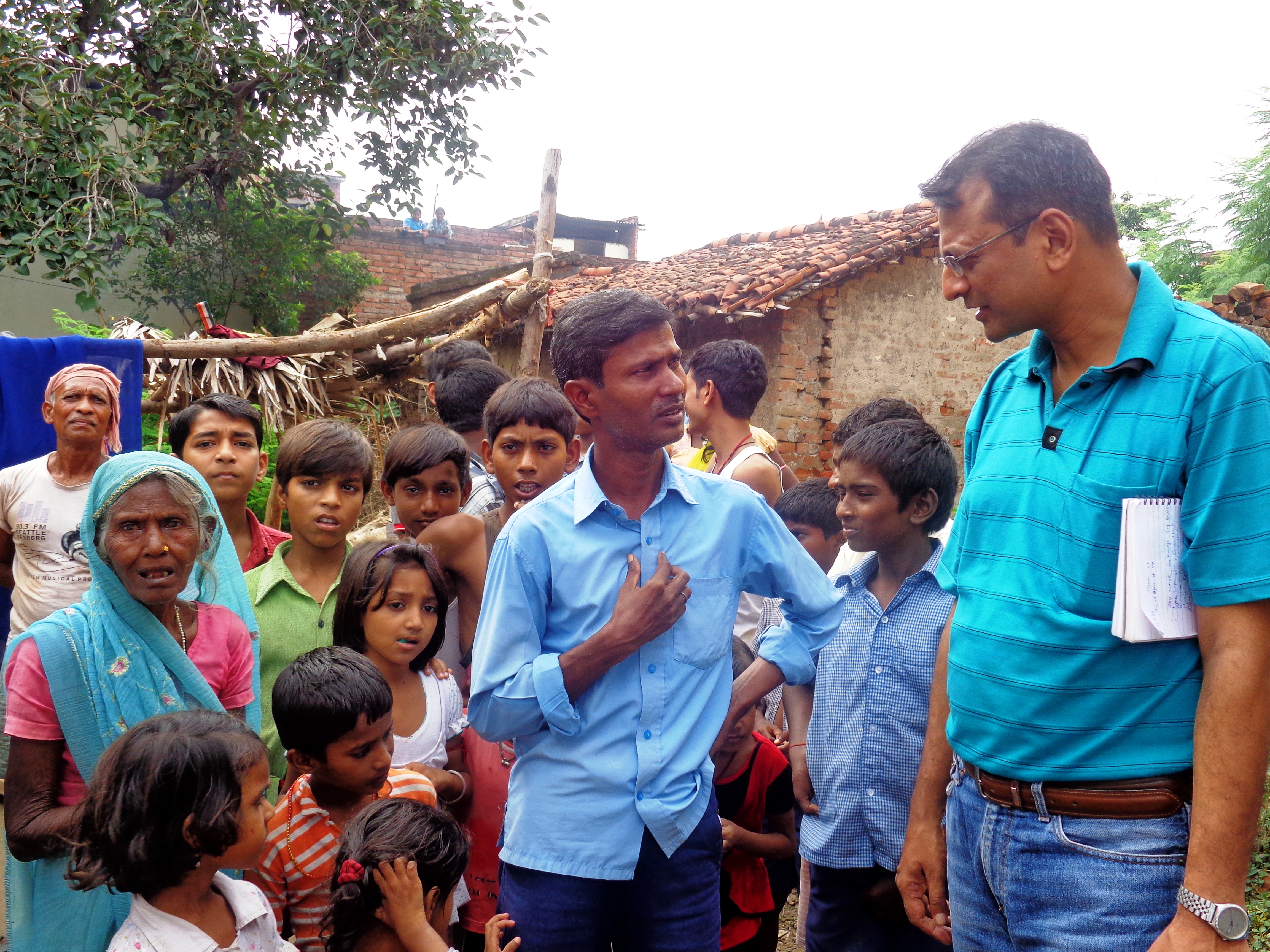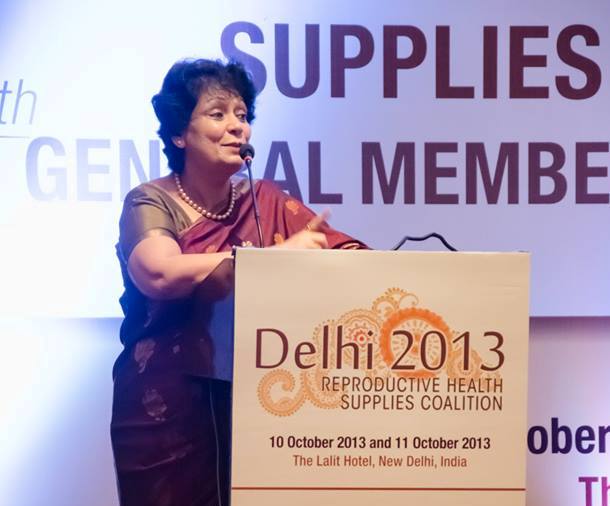Guest post by Shannon Harris
Given the many challenges that countries face in providing family planning (FP) services, how can a client-centered, rights-based approach to programming help governments meet their obligations to respect, protect, and fulfill clients’ rights to meet their reproductive needs and desires? This question framed two recent country consultations in India and Kenya to explore the feasibility and desirability of applying the voluntary, rights-based FP (VRBFP) conceptual framework. Were country-level FP stakeholders—program managers, policymakers, and providers—even interested in such an approach?
With funding from the Bill & Melinda Gates Foundation, the Futures Group and EngenderHealth partnered with the Population Foundation of India and the National Council for Population and Development in Kenya to host national and regional stakeholder consultations, as well as conduct FP site visits to explore these questions. Despite diverse cultural, policy and program environments, stakeholders in both countries expressed tremendous interest in using a rights-based approach. Stakeholders found the program vision described in the VRBFP framework appealing and relevant to their programs because of its emphasis on the individuals and communities served by the FP program, while simultaneously acknowledging the importance of the policy environment and supply-side factors.

Members of the Futures Group/EngenderHealth rights framework team visit a community motivator in India’s Bihar State to identify the realities and challenges related to protecting and fulfilling human rights in FP at the community level—specifically to identify the conditions and practices that either uphold or violate human rights. (Photo by H. Connor/EngenderHealth)





